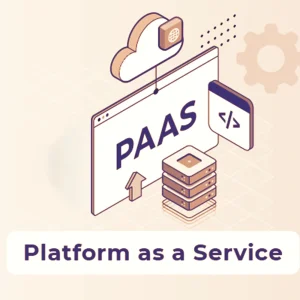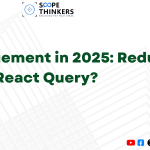The cloud service model that gives software developers access to multiple platforms for testing code is typically referred to as “Platform as a Service” (PaaS). PaaS provides a platform allowing customers to develop, run, and manage applications without dealing with the complexity of building and maintaining the underlying infrastructure.

With PaaS, developers can access a pre-configured environment that includes operating systems, development frameworks, databases, and other necessary tools. This allows them to focus on writing and testing their code without having to worry about the underlying infrastructure. PaaS providers often offer support for multiple programming languages, making it easier for developers to test their code across different platforms.
Popular PaaS providers include:
Google App Engine: A fully managed platform that supports multiple programming languages and automatically scales applications based on demand.
Microsoft Azure App Service: A platform that supports multiple languages and frameworks, allowing developers to build web, mobile, and API applications.
Heroku: A cloud platform that supports various programming languages and is known for its simplicity and ease of use.
IBM Cloud Foundry: An open-source cloud PaaS that supports multiple programming languages and frameworks.
Red Hat OpenShift: A container platform that supports multiple programming languages and provides tools for building and deploying applications.
These platforms typically offer a range of services, including database services, messaging services, and more, making it convenient for developers to test their code in diverse environments.
Platform as a Service (PaaS) is the cloud service model that empowers software developers with streamlined access to multiple platforms for testing code. By abstracting the complexities of infrastructure management, PaaS allows developers to focus on coding and testing applications without the burden of configuring and maintaining the underlying systems.
With support for various programming languages and frameworks, PaaS providers like Google App Engine, Microsoft Azure App Service, Heroku, IBM Cloud Foundry, and Red Hat OpenShift offer a versatile environment for developers to ensure their code functions seamlessly across diverse platforms. This approach not only enhances efficiency in the development process but also promotes scalability and ease of deployment, making PaaS an invaluable resource for modern software development workflows.


Scope Thinkers Private Limited is a software development company with professional expertise. We have a highly talented and dedicated development team with 100% commitment to rendering the best technical services to our clients.